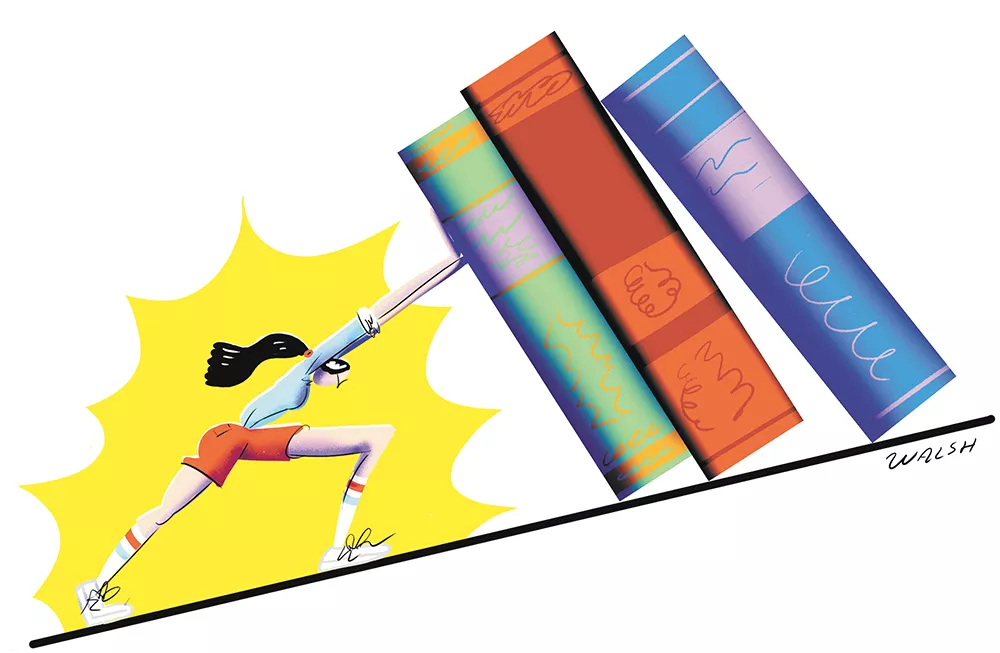As back-to-school commercials dominate our televisions and students gear up for classes to start this fall, I can't help but think of the 10 percent of foster-care youth doing the extraordinary and heading off to college against the odds.
Many of us can remember the anxiety and excitement, even fear, we felt when our parents dropped us off at the dorms for the first week in college. It was probably both exhilarating and panic-inducing. For kids who spent most of their childhood in foster homes, those feelings are exponentially more powerful.
Being a foster youth is one of the hardest things I have ever faced. Yes, my parents' failure to be good parents was hard, but not the worst. If you think that abuse and neglect is bad when it comes from your own parents, imagine what it feels like when you experience it from strangers that the state says can take care of you. I was placed in nine-plus foster homes before I was 12 years old, and all but one were emotionally or physically abusive. I was better off with my alcoholic mother.
Sadly, my story is not all that unique. So instead of packing college dorm accoutrements and new clothes from the mall, our foster youth carry a whole bunch of emotional and mental baggage as they head off to college — if they can even make it that far.
The terror I felt was like nothing I had experienced before. At some point you become numb to the different foster parents you meet, the different homes, where you lay your head down at night. But then you choose to do something for yourself, hoping to end the terrible cycle your family seems fated to repeat, and your self-doubt grows to gigantic proportions. That self-doubt is an unshakable companion to almost every former foster kid who ever walked the halls of the Department of Social and Health Services.
Once in college, only 3 percent of the 10 percent of former foster youth will graduate. That number is heartbreaking. Foster-youth college attendance and graduation rates should closely mirror the rates for the general population. This tells me more than any other data about how the child welfare system in our country performs.
And it's not good. I'm not saying that I haven't met a dozen fantastic people who social-work themselves practically to death trying to keep families together and children safe. The problem is that the system is broken, and nothing will change until our society does.
We have to keep families together by helping them to get out of poverty through a higher minimum wage, easier access to higher education, and job training. We have to end the school-to-prison pipeline. We have to treat drug and alcohol abuse like the medical diseases they are, and fully fund treatment. We have to figure out a way to fully support mental health services. We have to help marginalized groups find their voice and gain social equity within our communities.
Changing the way we deal with child welfare seems impossible, but then I'm reminded that weeks after I turned 18, I began school at the University of Montana, and somehow made it to the end. I took that self-doubt as a companion to every class I walked into, and made it a motivation to graduate four years later. The way I see it, if an anomaly like me can get through college, we can come together and change outcomes for every child in our community. We just have to face down the self-doubt, something foster kids do every day.♦
Tara Dowd, an enrolled Inupiaq Eskimo, was born into poverty and now owns a diversity consulting business. She is an advocate for systemic equity and sees justice as a force that makes communities better.

















